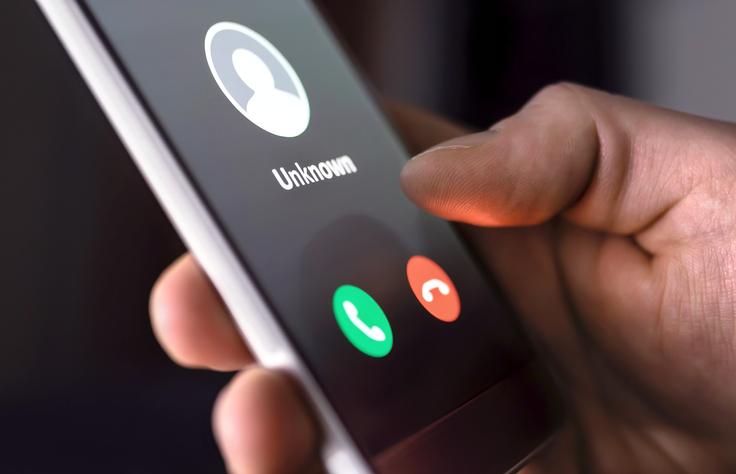Earlier this year the telecom firm First Orion analyzed data from over 50 billion calls and estimated that scammers/fraudulent callers were likely to be 40+% of all mobile calls this year. But rather than focus on sheer volume, phone scammers are adjusting their techniques to be more effective. According to a recent Consumer Reports survey, 70% of consumers do not answer incoming calls from an unknown number. As a result, fraudsters are impersonating legitimate businesses by obtaining access to a company’s outbound calling number. This technique is known as enterprise spoofing. In addition, fraudsters typically have personal information about their potential victims. The calls can be quite convincing when the caller ID shows a familiar number and the scammer has personal data about you. In a related technique called neighborhood spoofing, scammers can impersonate local area codes to lure victims into answering their phones.
Our recommendation is to be extra vigilant with regard to incoming calls. Don’t believe your caller ID. If you are unsure, don’t answer the call and let the caller leave a message. Never send money or give out any personal information. You can register your cell phone for the Do Not Call registry by going here. For more information you can go to the Federal Trade Commission website at www.ftc.gov/phonefraud.


